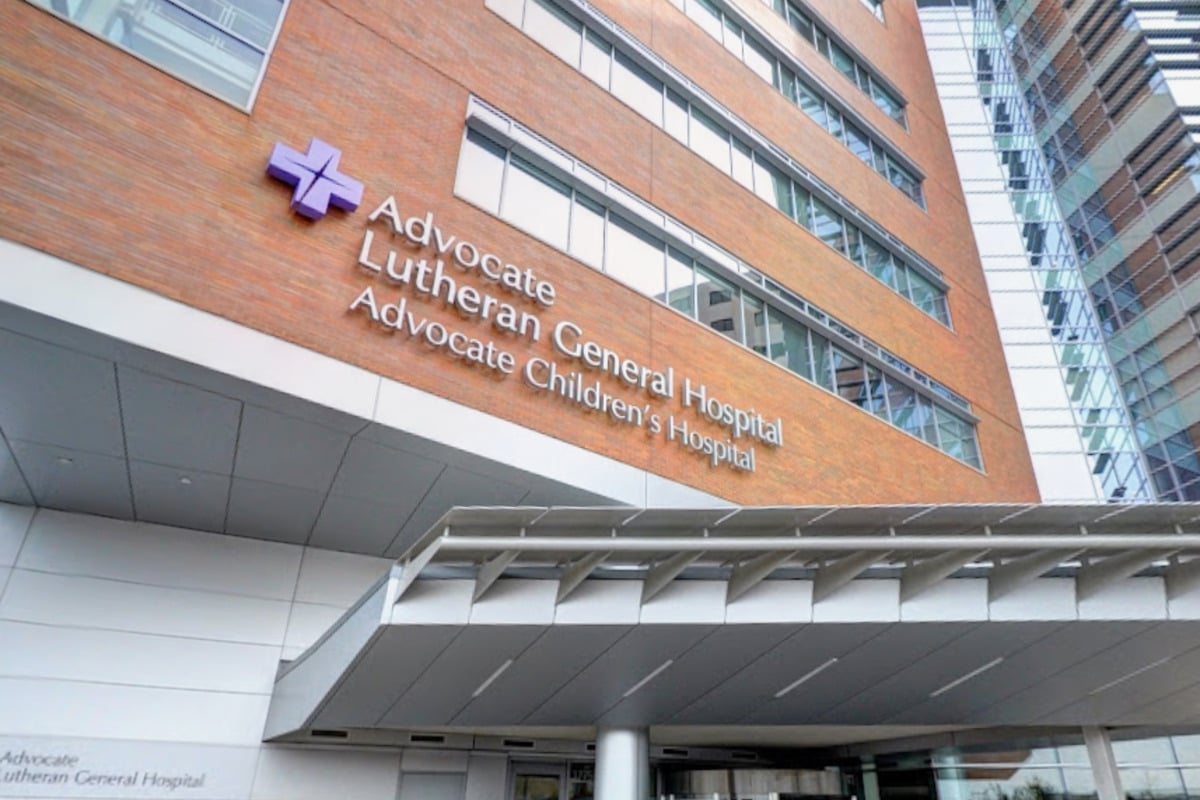The current government shutdown, now in its fifth week, poses significant challenges for many Americans, particularly in Florida. With the recent opening of health insurance enrollment under the Affordable Care Act (ACA), Floridians face alarming increases in their insurance premiums, some seeing costs double or even triple compared to the previous year. This surge in prices coincides with the expiration of critical tax credits at the end of the year, leaving many questioning their ability to afford necessary healthcare.
Rep. Maxwell Alejandro Frost, who represents Florida’s 10th District, criticized the lack of action from House Republicans during this critical period. He emphasized that while essential costs such as groceries and rent continue to rise, Congress has failed to prioritize the affordability of healthcare.
The urgency of the situation is underscored by personal testimonies collected by Frost’s office from constituents across Central Florida. These narratives reveal the profound impact that rising healthcare costs are having on individuals and families, illustrating the human side of this political impasse.
Real Stories from the Ground
Julia S., a teacher working two jobs, shared her struggle with the high costs of health insurance. “I need to be healthy to teach my students effectively,” she stated. “But if my health insurance costs prevent me from affording doctor visits and vaccines, it creates a lose-lose situation.” Her account highlights the precarious balance many face between work and health, especially in a demanding profession.
Veteran and full-time student Phillip B. expressed similar concerns, noting that even a single unexpected payment could jeopardize his housing situation. “I have an ACA plan to help me stay healthy during this time in my life,” he explained, emphasizing the fragility of his circumstances.
For families like Rachel R.’s, the stakes are even higher. As a mother of two daughters facing ongoing health challenges, she articulated the dire consequences of losing access to affordable healthcare: “Our family’s well-being hinges on your commitment to protecting these crucial health care provisions.”
Corrina B. shared a poignant account of her family’s battle with stage four breast cancer, stressing that without the ACA tax credits, they would not be able to afford life-saving medications. William K. echoed this sentiment, revealing how he relied on these credits to ensure his wife could receive essential treatments for her chronic illnesses after losing his job.
The Broader Impact of Rising Costs
The financial burden extends to those managing chronic conditions, as illustrated by Marylin M.’s daughters, who require costly medication for severe Crohn’s disease. “If the health credits go away, they won’t be able to get the expensive injections they need,” she warned, expressing her fear for their future.
Lauren D. highlighted the cascading effects of losing ACA subsidies on small business owners and their employees, stating, “If I can’t afford insurance through the Marketplace, then I can’t afford my medication.” This sentiment resonates deeply, as many individuals rely on these plans to maintain their health and livelihoods.
Catherine N. also emphasized the essential nature of affordable coverage for ongoing care, noting that without it, managing her thyroid condition would become increasingly difficult. “Affordable coverage isn’t optional; it’s essential for maintaining my quality of life,” she said.
The testimonies collected by Rep. Frost reveal a healthcare system at a breaking point, exacerbated by the ongoing government shutdown. As many Americans struggle to make ends meet, the need for affordable healthcare has never been more urgent. Frost’s call to action is clear: “Lower costs. Save health care. End the shutdown.” This message resonates with countless families who depend on these services to maintain their health and well-being.
These personal stories underscore the necessity for immediate legislative action to prevent further harm to vulnerable populations. As the debate continues in Congress, the voices of those affected by these policies remain a critical reminder of the real-world implications of political decisions.







